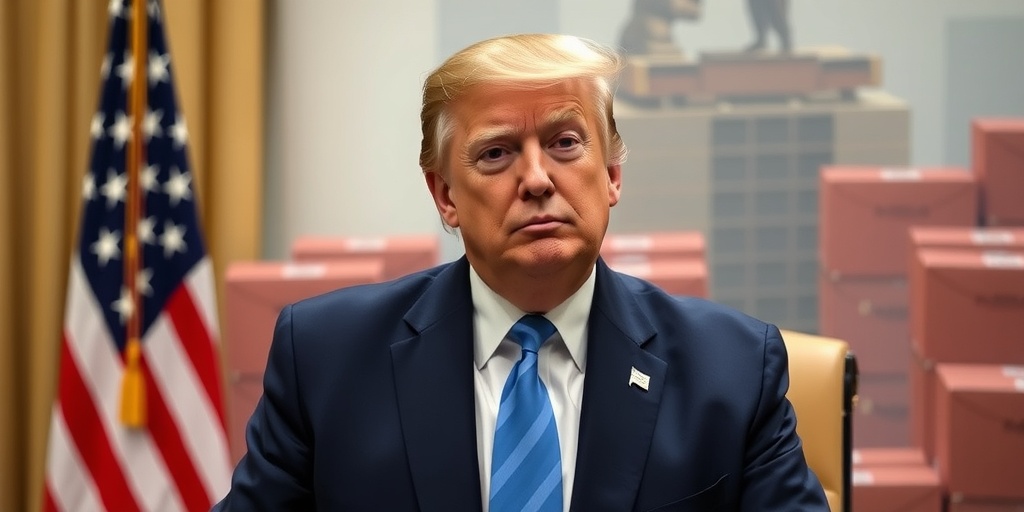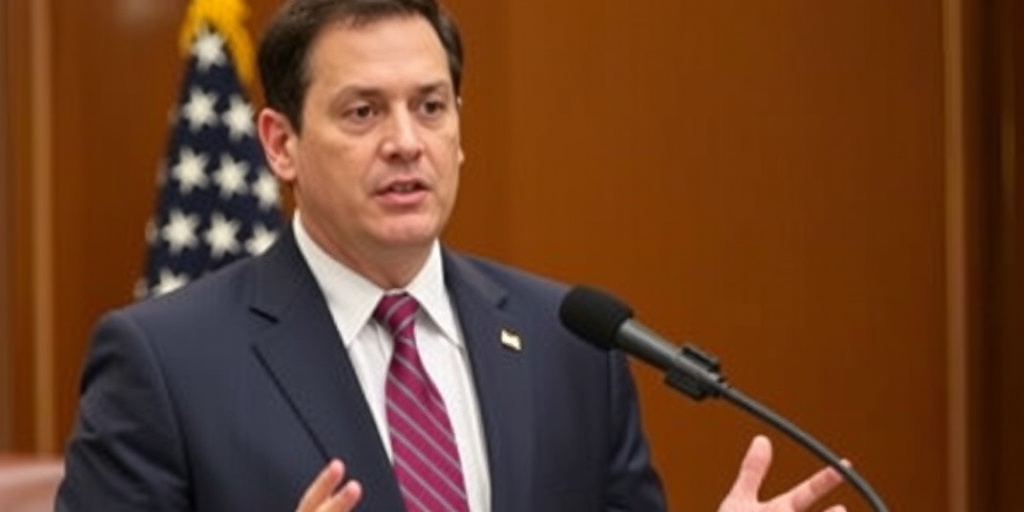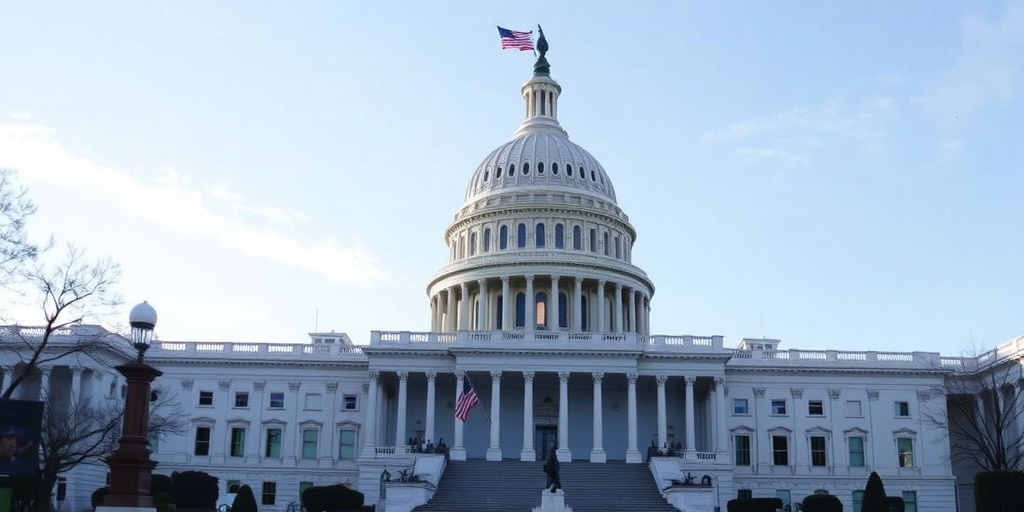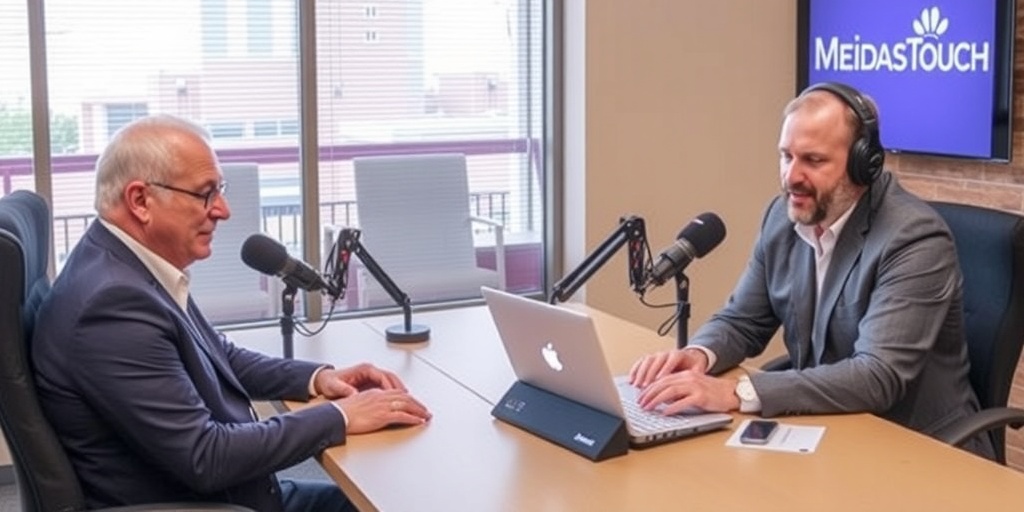Now Reading: Elon Musk’s Controversies Make Tesla a Target
-
01
Elon Musk’s Controversies Make Tesla a Target
Elon Musk’s Controversies Make Tesla a Target
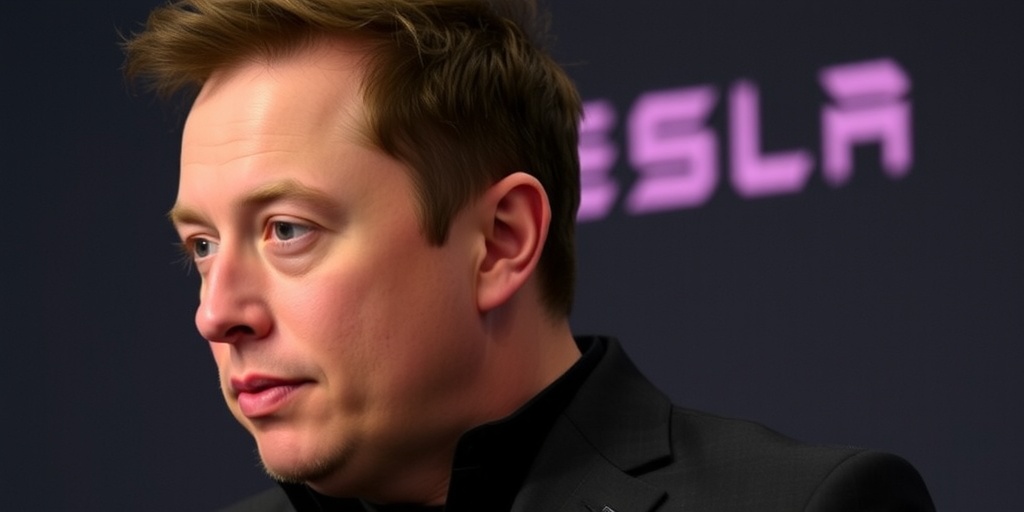
Increasing Backlash Against Tesla Amid Protests and Vandalism Across the U.S.
This past week has seen a surge of incidents involving the electric vehicle company, Tesla, as protests and acts of vandalism reportedly connected to the company’s chief executive, Elon Musk, have unfolded across the United States. Tensions have escalated notably in locations such as Boston, Oregon, and New York, following Musk’s controversial appointment as a senior adviser in President Trump’s administration.
On Monday, several Tesla charging stations were intentionally set on fire at a shopping center just outside of Boston. This incident marked a new level of aggression toward Tesla, following a series of disconcerting events that began earlier in the week. In Tigard, Oregon, shots were fired at a Tesla dealership after midnight on Thursday, damaging multiple vehicles and leaving employees shocked by the gunfire. Police reports indicate that at least seven rounds were discharged, leading to significant property damage, including shattered windows and a bullet that penetrated a wall.
Adding to the unrest, protesters gathered at a Tesla showroom in the West Village neighborhood of Manhattan on Saturday. The demonstration attracted several hundred activists who shouted slogans such as "Nobody voted for Elon Musk" and "Oligarchs out, democracy in." This demonstration was part of a larger pattern of protests, as activists have continued to mobilize against Musk’s increasing influence and the sweeping cuts to federal agencies he has spearheaded under the banner of what he calls the "Department of Government Efficiency."
Among the demonstrators was State Senator Brad Hoylman-Sigal, who remarked that it was essential for Musk and Trump to recognize that dismantling government initiatives will adversely affect many people. The events in Manhattan were not isolated; they were the culmination of weeks of growing discontent among New Yorkers, with each weekend seeing larger gatherings.
Six protesters were arrested during the demonstration, which lasted over two hours and resulted in the blocking of dealership entrances. The New York Police Department reported that five individuals faced summonses for disorderly conduct, while one person was charged with resisting arrest. During the same week, an alarming display of vandalism occurred in Brookline, Massachusetts, where a man was detained for tagging several Tesla vehicles with stickers depicting Musk in a raised-arm pose.
The unrest was not confined to New York and Massachusetts. On Thursday, federal prosecutors in Colorado charged an individual with malicious destruction of property after she was found spray-painting anti-Tesla messages and attempting to plant a Molotov cocktail near a vehicle outside a Tesla dealership. As authorities began to piece together the motivations behind the widespread hostility, they noted that Musk’s public persona and political affiliations appeared to be fueling the backlash.
Complicating matters further, a man was arrested in Salem, Oregon, for allegedly setting fires outside a Tesla dealership and damaging a vehicle on inauguration day, costing an estimated $500,000 in damages. Such incidents highlight the volatility surrounding Musk’s political activities, particularly after his controversial gesture during Trump’s inauguration, which bore resemblance to fascist salutes historically associated with Nazi Germany. Musk has since dismissed criticisms tied to this incident as tiresome and unwarranted.
The protests and acts of vandalism resonated beyond U.S. borders. On Tuesday, authorities in Berlin reported multiple fires at a construction site for a Tesla factory expansion, which are now under investigation as suspected arson. Meanwhile, in southern France, a dozen Tesla cars were set ablaze near Toulouse, leading to another revelation of coordinated acts against the automaker’s brand.
In the wake of these growing tensions, many Tesla vehicle owners have begun to distance themselves from the brand, with some reportedly selling their cars out of embarrassment over Musk’s political affiliations. One owner expressed discomfort about being seen in their Tesla, indicating a shift in public sentiment toward the company associated with Musk’s controversial activities.
As Tesla struggles to navigate this wave of hostility, the future relationship between the company’s leadership and its customer base becomes increasingly fraught. Critics argue that Musk’s political maneuvering will only continue to alienate customers and create a rift within the once-united community of Tesla enthusiasts.
While Tesla has not publicly commented on these incidents of protest and vandalism, it is evident that Musk’s role in government and his polarizing influence have intensified scrutiny of the company’s practices and leadership. As tensions continue to rise, the company faces a pivotal moment in its public perception and need for accountability amidst an increasingly hostile environment.
Stay Informed With the Latest & Most Important News
Previous Post
Next Post
-
 01New technology breakthrough has everyone talking right now
01New technology breakthrough has everyone talking right now -
 02Unbelievable life hack everyone needs to try today
02Unbelievable life hack everyone needs to try today -
 03Fascinating discovery found buried deep beneath the ocean
03Fascinating discovery found buried deep beneath the ocean -
 04Man invents genius device that solves everyday problems
04Man invents genius device that solves everyday problems -
 05Shocking discovery that changes what we know forever
05Shocking discovery that changes what we know forever -
 06Internet goes wild over celebrity’s unexpected fashion choice
06Internet goes wild over celebrity’s unexpected fashion choice -
 07Rare animal sighting stuns scientists and wildlife lovers
07Rare animal sighting stuns scientists and wildlife lovers














